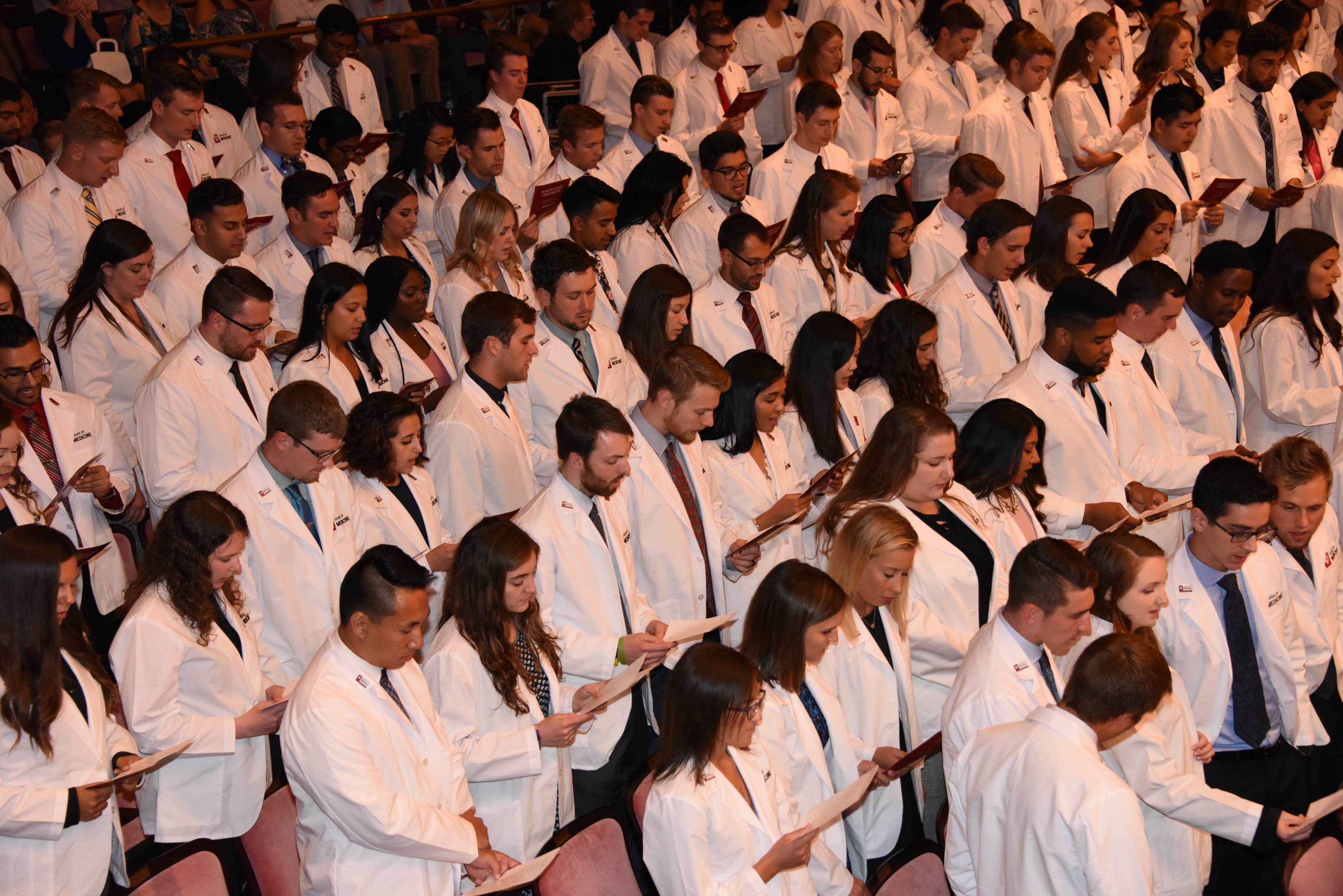The Indiana University School of Medicine Department of Neurological Surgery trains medical students, residents and fellows in neurological diagnosis, clinical treatments and neurosurgical techniques to ensure high-quality neurosurgical care is available for generations to come. IU School of Medicine traditionally generates more students entering neurosurgical training than any other medical school in the country. Our residency and fellowship training programs are highly sought after as excellent educational opportunities for trainees from around the country.
The department frequently hosts international trainees to further propagate knowledge and skills from our faculty as well as graduate students and postdoctoral students. Department faculty and residents participate in the education of numerous interdisciplinary fields and many residents pursue advanced degrees during their training. Collaborative educational programs in multiple disciplines is a highlight of the department.


